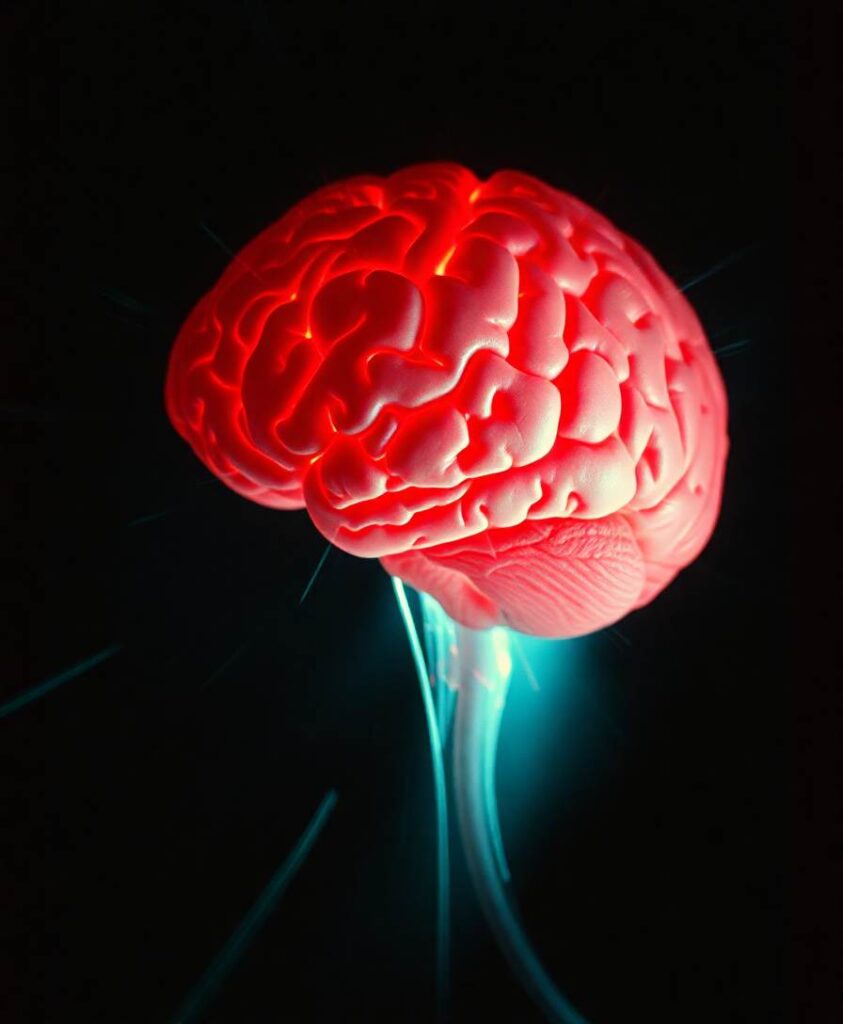BackgroundDepressive and anxiety symptoms are frequent in Alzheimer’s disease and associated with increased risk of developing Alzheimer’s disease in older adults. We sought to examine their relationships to Alzheimer’s disease biomarkers across the preclinical and clinical stages of the disease.MethodFifty-six healthy controls, 35 patients with subjective cognitive decline and 56 amyloid-positive cognitively impaired patients on the Alzheimer’s continuum completed depression and anxiety questionnaires, neuropsychological tests and neuroimaging assessments. We performed multiple regressions in each group separately to assess within group associations of depressive and anxiety symptoms with either cognition (global cognition and episodic memory) or neuroimaging data (gray matter volume, glucose metabolism and amyloid load).ResultsDepressive symptoms, but not anxiety, were higher in patients with subjective cognitive decline and cognitively impaired patients on the Alzheimer’s continuum compared to healthy controls. Greater depressive symptoms were associated with higher amyloid load in subjective cognitive decline patients, while they were related to higher cognition and glucose metabolism, and to better awareness of cognitive difficulties, in cognitively impaired patients on the Alzheimer’s continuum. In contrast, anxiety symptoms were not associated with brain integrity in any group.ConclusionThese data show that more depressive symptoms are associated with greater Alzheimer’s disease biomarkers in subjective cognitive decline patients, while they reflect better cognitive deficit awareness in cognitively impaired patients on the Alzheimer’s continuum. Our findings highlight the relevance of assessing and treating depressive symptoms in the preclinical stages of Alzheimer’s disease.




